In a bizarre twist, the insurance legislation originally billed as the “Hailstorm Bill” will likely have the greatest effect not on hailstorms, but on the most significant flooding event in Texas history. As Hurricane Harvey continues to deluge the Texas Coast, Texas Insurance Code Section 542A is set to take effect at 12:01 AM on Friday, September 1. Originally drafted as a response to the high volume of hail litigation in Texas, the new law now specifically applies to property damage resulting from all “forces of nature,” including hail, rain, floods, hurricanes, tornadoes, wind, etc.
The new law makes several changes to the remedies of property owners under the Texas Insurance Code. Most significantly, the law: (1) reduces penalties faced by insurance companies who wrongfully deny or delay payment of claims; and (2) creates complex notice requirements, which, if navigated incorrectly, potentially reduce the amount of attorneys fees the insured can ultimately recover from the insurance company.
Specifically, newly added Section 542.060(c) will reduce the statutory penalty for delayed or unpaid claims from 18% to a rate determined by a market-based formula, which is capped at 20% but would currently be only 10%. This section applies only to “claims” filed after September 1, 2017. So clients facing the certainty of a property damage claim resulting from Harvey should immediately report these claims to their insurance carrier (by August 31, 2017) and keep records of what was sent and when.
In the event that litigation becomes necessary, the law also requires a claimant to provide its insurer with written notice 61 days before a lawsuit can be filed. The notice must provide specific details, including “acts or omissions” leading to the claim, the dollar amount owed, and the reasonable and necessary attorney fees already incurred. In a potential pitfall for property owners, the recoverability of attorneys fees is now conditioned on the amount demanded in this original notice. Specifically:
- If the insured prevails at trial and the jury awards 80% or more of the original demand, attorneys fees are recoverable in full.
- If the insured prevails and the jury awards 20% or less than the original demand, no attorneys fees will be awarded.
- If the jury award is in the 21-79% range, attorneys fees are pro-rated.
Unfortunately, this new portion of the law applies to all “actions” (as distinguished from “claims”) filed after September 1, 2017—meaning that unless insureds have already given the required written notice and are ready to file a lawsuit—the new law will likely apply. Thus, almost all litigation arising out of Harvey will be governed at least partially by this new law.
Policyholders will want to consult counsel in order to maximize their rights and recoveries. Feel free to contact us if you have any questions or if we can help in any way.
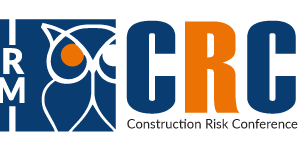
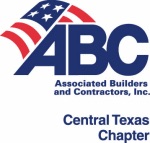
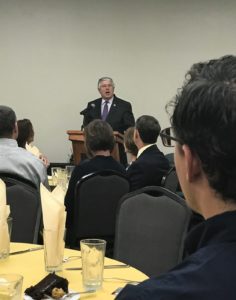


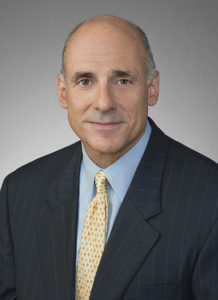
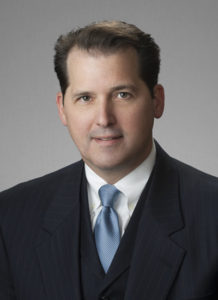
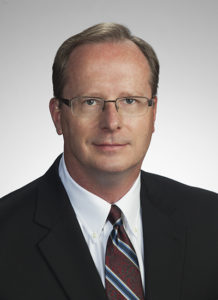
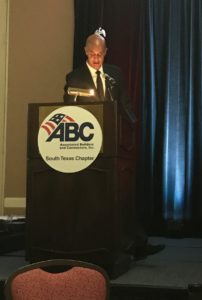
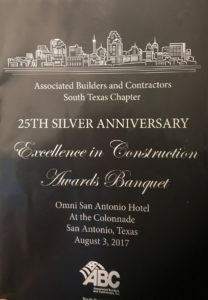

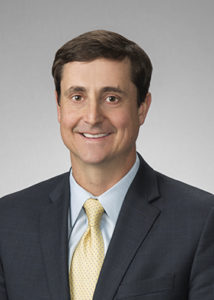
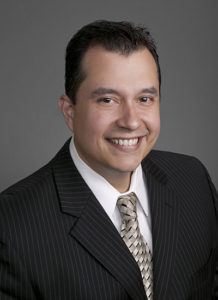
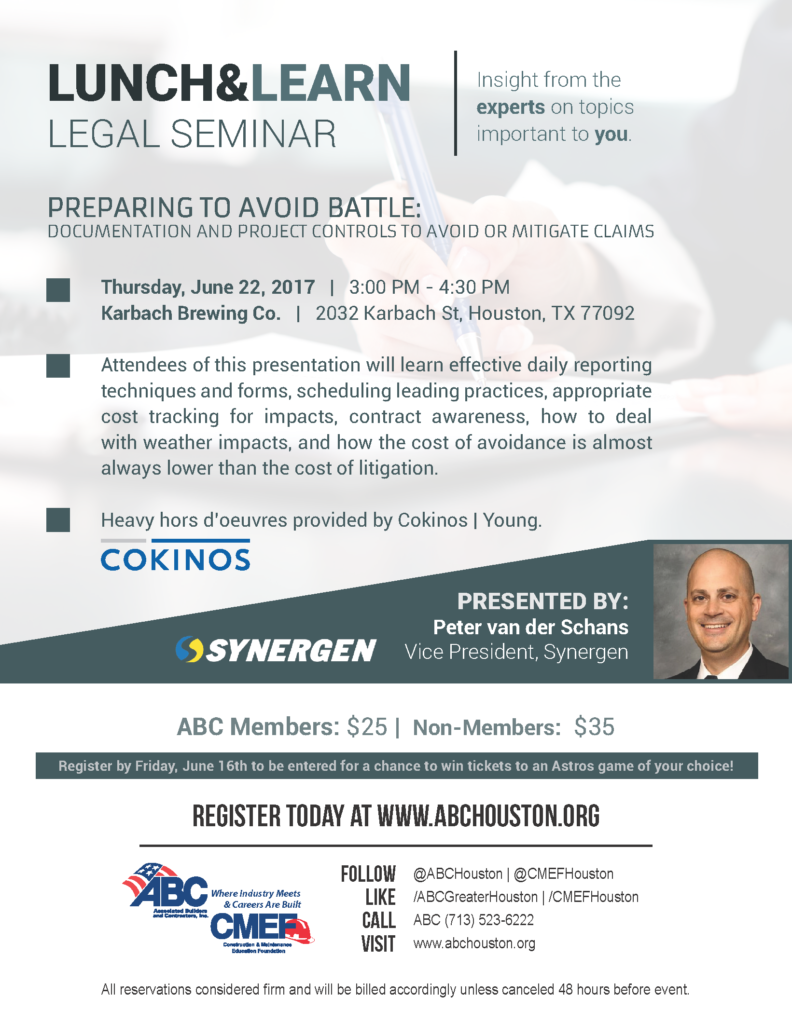
Recent Comments